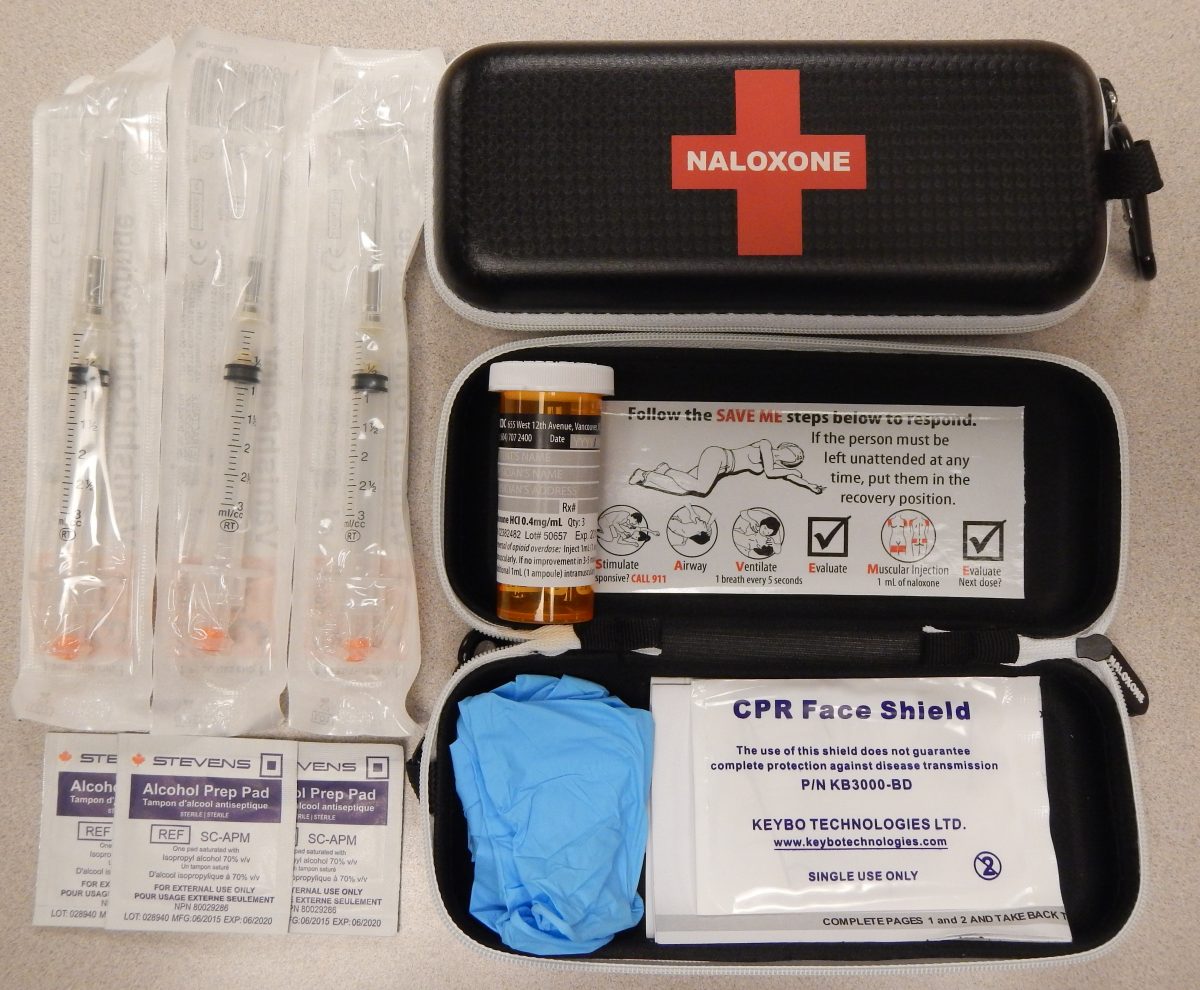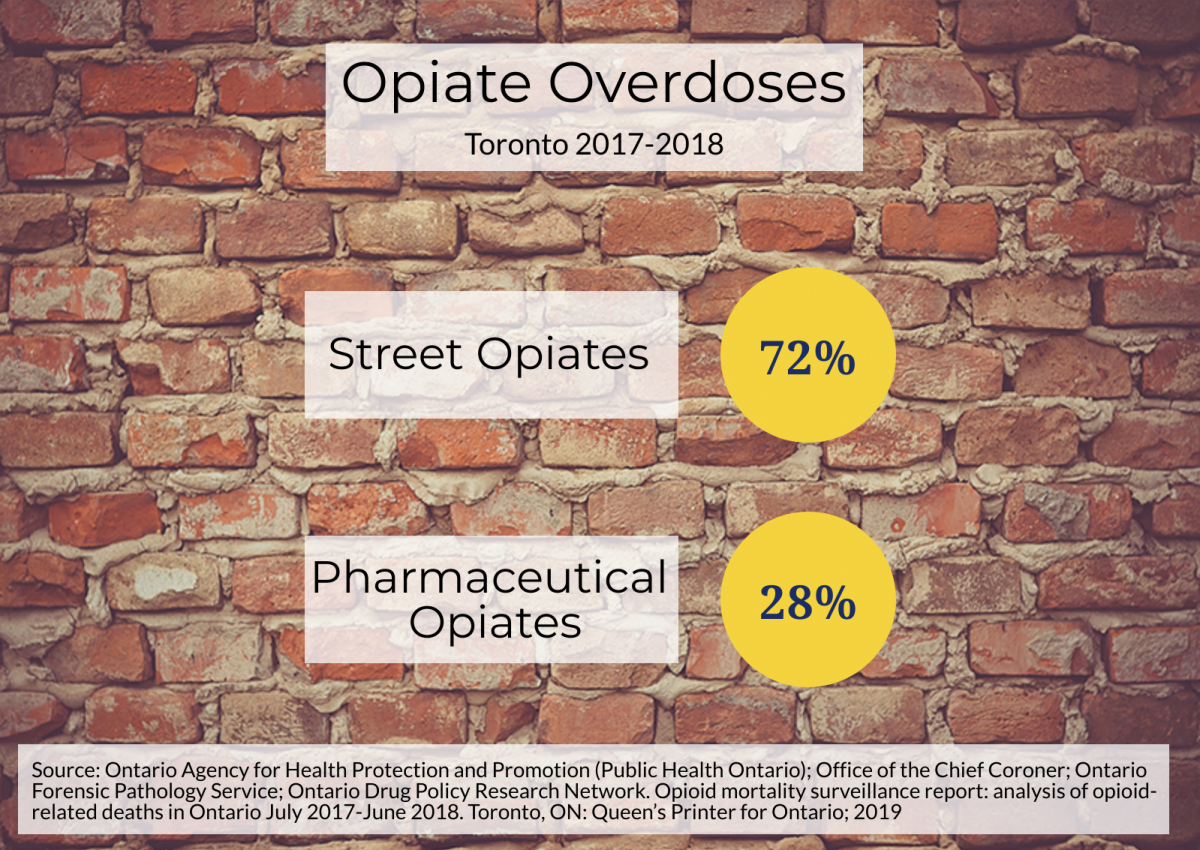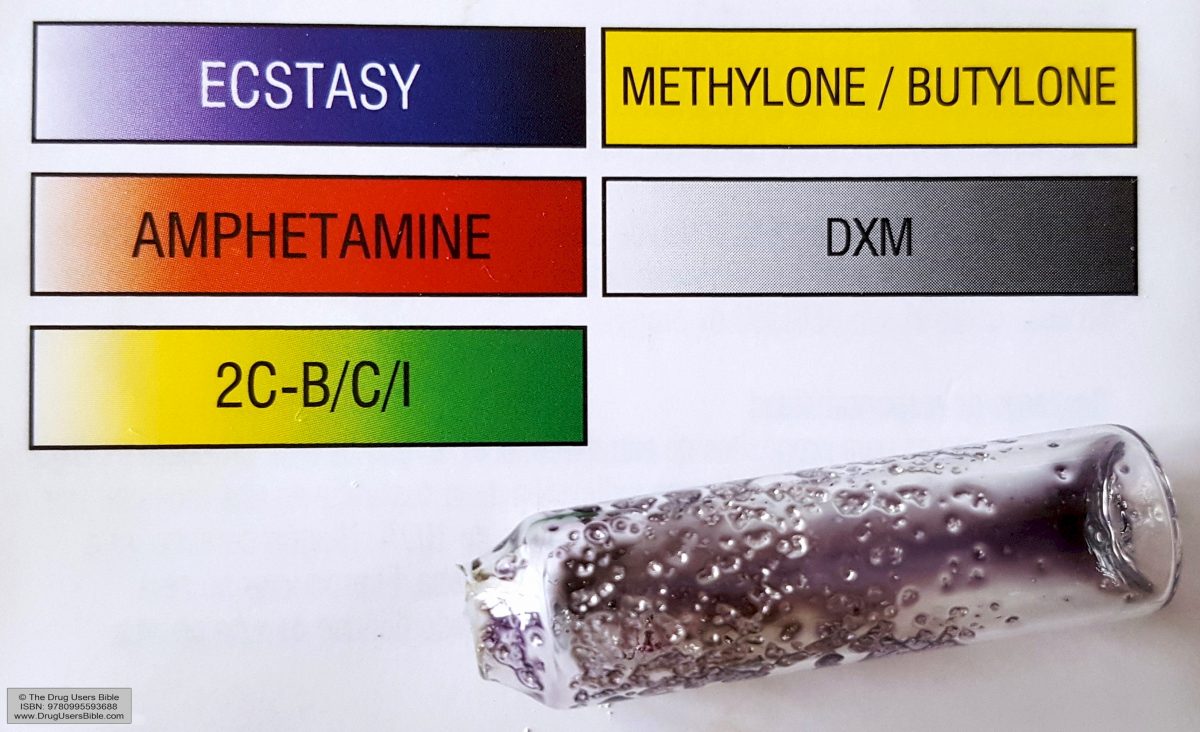BY ERIC MELOCHE
Students take drugs. This is not new information. However, the rising risk of overdose, contaminated drugs, or other drug-related health problems is causing unnecessary deaths.
Lais Dourado, the head of the Ryerson branch of the Canadian Students for Sensible Drug Policy (CSSDP), said, “Safe injection practices, and Naloxone, which is a drug that can reverse an overdose are the most important for opioids. But there are other strategies as well.”
By putting public health as a top priority, organizations such as the Canadian Students for Sensible Drug Policy (CSSDP) are helping college and university students access much needed resources.
These resources include tools such as overdose reversal training, using a Naloxone kit, and safer drug use supplies to reduce the risk of deadly infections and diseases.

According to Toronto’s Public Health department, the city had about 300 opioid related deaths in 2018, the vast majority non-pharmaceutical in origin.

Crack-cocaine was the most common non-opioid substance directly contributing to death, in 42% of recorded instances. Other substances contributing to death included methamphetamines in 16% of deaths, ethanol (alcohol) in 15%, and benzodiazepines in 9%.
When asked how students can be safer when using drugs, Dourado said, “They could use harm reduction tools. For instance, safe injection sites are a service where a health practitioner is going to be watching you use the drug and they can react immediately if you have any problems.”
In regards to self-testing substances to ensure what they are, Dourado said, “In a context of opioids and overdose, they should do it because we don’t have a safe supply. You can buy one drug and think it’s one specific substance, but that sample could be contaminated with other substances.”
Test Kits are one option that is readily available to Canadians to purchase. These kits allow a basic home-testing of your sample drug, giving the user some reassurance that the substance they bought is what it was claimed to be.

Mapping the Mind is a yearly conference held yearly in Toronto that focuses on psychedelic science. It also focuses on harm reduction for drug users around the GTA by providing similar types of safety tools.
Rabiah Khan is a student at Ryerson, and a volunteer at the conference. She said, “These drugs aren’t discussed in public, like how they’re made. People are making it themselves. So, you don’t know exactly which environment they’re making it in, how clean it is, or how regulated it is in the first place. Most people don’t even know what is in their samples,” said Khan on the subject of drug testing.
Khan believes that de-stigmatizing drug use is a part of treating those who need help. She added, “As long as you gain information from training services, you become more aware.”
There are also many organizations that can help those with addiction issues. You can find a list here.
Drug use has become a public health issue. People are dying from unregulated drug supplies. Students need more education about drug use in Canada.

